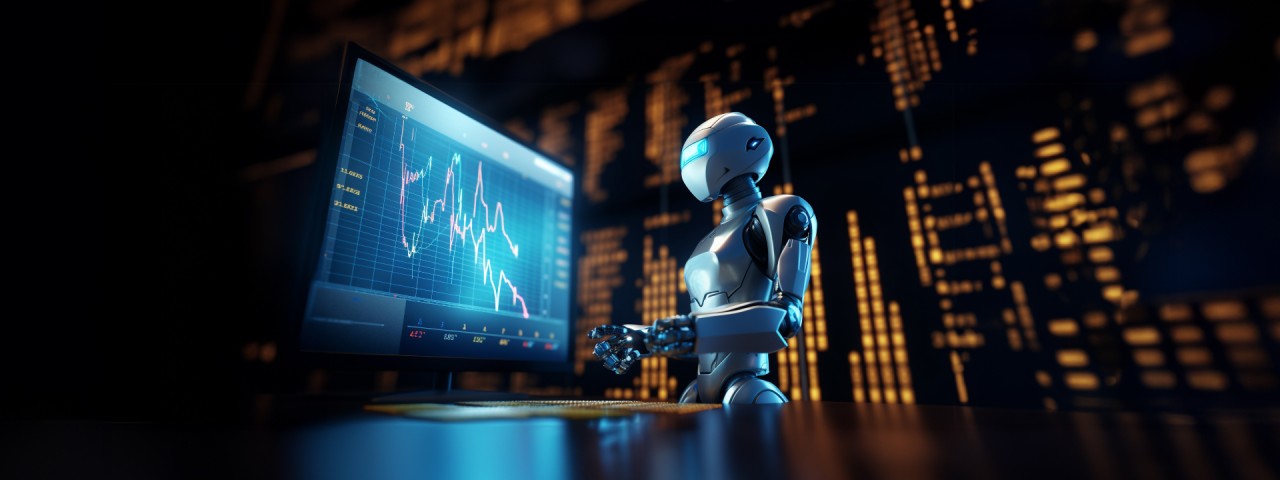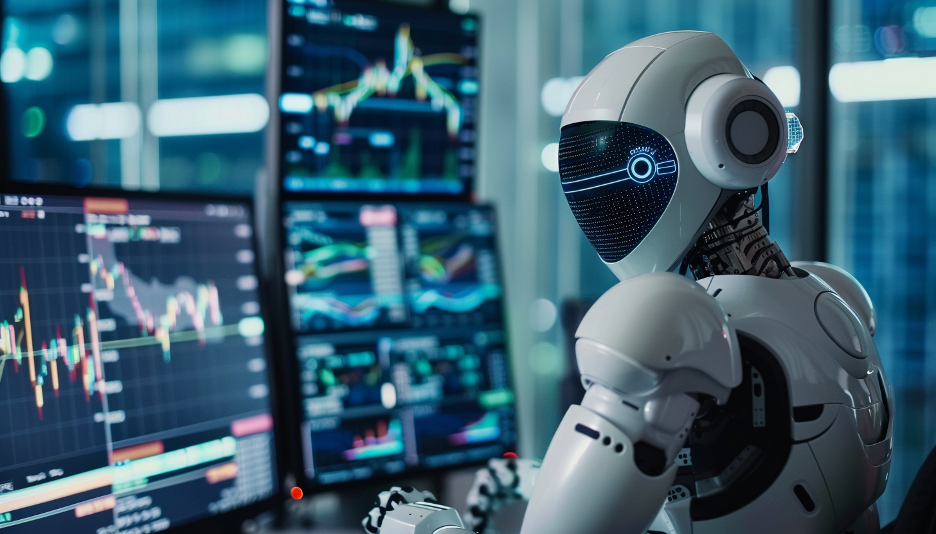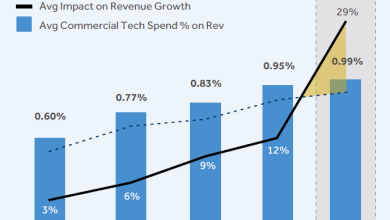
AI Trading Platforms and Features
AI crypto trading bots have gained traction due to their operational capabilities around the clock, aligning with the continuous trading nature of cryptocurrency markets. Platforms like 3Commas, Pionex, Octobot, and Altrady are preferred options for traders interested in automating their strategies. These bots come equipped with functionalities such as grid trading, signal bots, and advanced stop-loss settings. These features make them versatile tools for both new and experienced traders.
3Commas offers GRID Bot with Trailing Up & Down and Signal Bot Spot & Futures, which are designed to optimize trading strategy automation and enhance profit potential. Similarly, Altrady provides advanced features, including advanced stop-loss settings and risk-based size calculations. This allows traders to set position sizes based on desired risk percentages and to view risk/reward ratios in real time. Octobot stands out by offering the capability to develop and train AI models via the Octobot script. This bot allows for customized trading strategies based on predictions from tools such as ChatGPT, providing traders with adaptable solutions for various market conditions.
Platforms also integrate secure access through crypto wallet technologies to safeguard assets during trades. Pionex is noted for its specialty in grid trading, which involves buying and selling at predefined price points to capture profits during high volatility. This method is effective in the volatile crypto market environment.
Data Processing and Market Predictions
AI trading bots process large datasets and identify patterns not readily apparent to human traders. This enables them to make informed decisions and execute trades at optimal times. For example, Octobot allows users to develop and train their AI models to automate trading strategies based on market predictions derived from tools like ChatGPT.
In April 2024, Bitcoin.com News queried nine AI-based chatbots about their year-end Bitcoin price predictions. These predictions varied between $50,000 and $100,000, demonstrating the differing algorithms and data sets each AI model used. This highlights AI’s capacity to approach market trends and predictions diversely.
Fetch.ai exemplifies an AI-driven crypto project, utilizing autonomous economic agents to handle tasks such as data processing and sharing among IoT devices, as well as executing crypto transactions. Fetch.ai operates on a mixed consensus blockchain (Proof-of-Work and Proof-of-Stake) and has raised roughly $115.9 million in funding, including a $40 million investment from DWF Labs in early 2024. This project’s token (FET) saw a 329% value increase between mid-February and mid-March 2024, partly due to its merger with tokens from SingularityNET and Ocean Protocol to form the ASI (artificial superintelligence) token.
The market for AI-related crypto projects witnessed substantial growth, with their combined market value rising from $2.7 billion in April 2023 to over $39 billion by mid-2024. This increase indicates a notable interest in AI and its applications within the cryptocurrency sector.
Risk Management and Security
It applies the use of trading bots but caution must be taken when using them to trade in financial markets. Some of the strategies include placing stop loss orders, diversification of the portfolio, and taking regular incomes to reduce on the amount of risk. Another issue that has to be taken into account is the process of building up scenario and contingency plans for the bad state of the market.
Financial trading robotic system of Finance Phantom AI is an innovation of the modern trading system which uses computer algorithms and machine intelligence to generate profits. It eliminates one’s input and allows for very frequent trading and above all, the risks that are associated with these investments are controlled through stop loss and profit taking features. Also, it provides the functionality of advanced analytics of trading performance and reporting capabilities.
AI trading platforms prioritize security through state-of-the-art encryption and security protocols to safeguard user data and funds. Regular security audits ensure system resilience against potential threats, allowing users to trade with confidence. For instance, AI uses DeFi to enhance the screening process for smart contracts, identifying potential threats and vulnerabilities, thereby improving the security and reliability of DeFi platforms.
Performance Metrics and Case Studies
AI trading bots employ various strategies to optimize performance. Pionex’s use of grid trading automatically buys and sells at predefined price points to capture profits during volatile periods, making it effective in cryptocurrency markets known for high fluctuation.
As of 2024, the market includes nearly 90 AI tokens with a combined value exceeding $40 billion. These tokens enable payments for services, access to data, and governance rights on AI platforms. Projects like EarthMeta, which merges the metaverse with AI for decentralized virtual cities governed by users, showcase diverse applications. Another example is IO.NET, which offers a decentralized GPU network for scalable machine learning, while SingularityNET (AGIX) acts as a decentralized global AI marketplace.
Training an AI bot for day trading crypto involves several steps. First, traders must choose a reputable and secure AI trading bot that supports the required features and cryptocurrencies. After selecting a bot, they need to create an account and connect it to a cryptocurrency exchange using API keys. Traders then set up and customize trading strategies, which could include techniques such as arbitrage or scalping. Backtesting these strategies with historical data is critical to evaluate their performance prior to real application. Continuous monitoring of markets and bot performance is essential, with necessary adjustments made to maintain optimal results.
In summary, AI plays a significant role in the crypto trading space by providing automated, data-driven solutions for market analysis, trading strategy execution, and risk management. With its ability to process large datasets, predict market trends, and conduct trades with minimal human intervention, AI has become an indispensable tool for crypto traders seeking to enhance their trading efficiency and profitability. As the market for AI-related crypto projects grows, so does the potential for innovative applications and developments in this domain.







